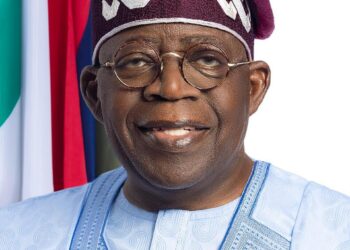With the Organization of Petroleum Exporting Countries(OPEC), considering making further voluntary production cut to stabilize the global oil market a new report has predicted bleak production in Africa in 2024.
The African Energy Chamber(AEC), in its report at the weekend, dropped the forecast without supporting evidence when it said that Africa’s oil production is set for a gradual decline in 2024.
The Chamber forecasts “relative calm” in the global oil market for the remainder of 2023, NJ Ayuk, Executive Chairman of the African Energy Chamber, wrote.
“For now, the wild extremes of the pandemic era appear to be behind us,” Ayuk said, but noted that declining oil production in Africa is not welcome news for the African oil-producing nations.
“The State of African Energy 2024 Outlook” report shows that oil production in Africa in 2023 – 2024 is expected to stay relatively flat at about 6.77 million barrels per day (bpd). But month-on-month production looks a bit bleaker, with production declining from 6.9 million bpd in January 2024 to around 6.62 million bpd in December 2024, according to the African Energy Chamber.
The OPEC member nations Nigeria, Libya, Algeria, and Angola are driving Africa’s oil and condensates production, with Nigeria the largest producer, contributing a little over a fifth of these countries’ combined total annual volumes.
However, Africa’s OPEC producers, including Nigeria, need to address production outages caused by pipeline vandalism and militant activity, exacerbated by declining legacy fields and a lack of new start-ups, the African Energy Chamber said.
Earlier this month, the Nigerian National Petroleum Company Limited, NNPCL, unveiled a new grade of oil, Nembe, in an attempt to undo the damage from long-running thefts and attacks in the country’s Niger Delta region.
“We should be seizing every opportunity to capitalize on our oil and gas resources,” the executive chairman of the African Energy Chamber noted.
Every drop of oil extracted is a pathway to economic growth revenue that can fund social programs, infrastructure development, and much-needed technology transfers from the international oil companies (IOCs) that invest in Africa,” Ayuk said.





